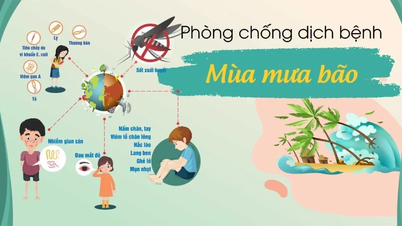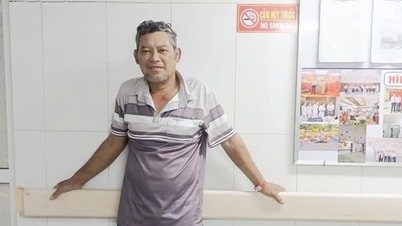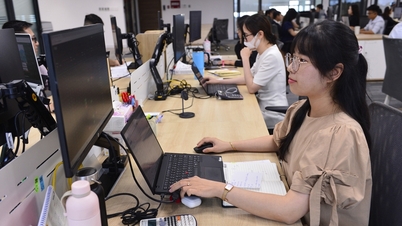Conditions such as glaucoma, cataracts, and diabetic retinopathy can develop silently without obvious symptoms. Therefore, regular eye exams will help detect these diseases early, according to the health website Verywell Health (USA).

People who come to have their eyes examined should bring their old glasses with them so the doctor can determine whether they need to be replaced with new ones.
PHOTO: AI
Here are some important things to know before going for an eye exam.
Get eye exams and understand eye care specialties for better vision health
Before having an eye exam, people should clearly distinguish between the different types of eye care professionals, such as optometrists, ophthalmologists, and optical technicians.
An optometrist is a doctor who performs eye exams, prescribes glasses, and diagnoses and treats certain eye conditions. An ophthalmologist is a medical doctor who specializes in treating eye conditions. They can examine, prescribe medications, treat all types of eye problems, and perform surgery.
Meanwhile, an optical technician designs, fits, and adjusts eyeglasses or contact lenses based on a doctor’s prescription. However, they do not examine eyes or write prescriptions. Understanding this difference will help us choose the right professional for our needs.
Bring a list of medications you are taking.
Eye health is closely related to overall health. Therefore, people who come for an eye exam should provide their doctor with complete information about their medical history and current medications, both over-the-counter and dietary supplements. Some medications can affect vision or cause side effects in the eyes.
Your doctor will also want to know if you have any medical conditions, such as diabetes or high blood pressure. These conditions can affect your eyes. For example, people with diabetes are at increased risk for diabetic retinopathy.
Record eye symptoms
Before your eye exam, take the time to write down any eye symptoms, no matter how minor. These could include blurred vision, glare, eye pain or pressure, dry eyes, excessive tearing or itching.
Make a note of when, how often, and under what circumstances these symptoms occur. This will help your doctor better understand your eye condition and make a more accurate diagnosis.
Bring old glasses
Experts also recommend bringing your old glasses, contacts, or most recent prescription to your eye exam. This information helps your doctor understand your vision history, measure changes in nearsightedness, farsightedness, and astigmatism, and determine whether your old prescription is still appropriate, according to Verywell Health.
Source: https://thanhnien.vn/4-dieu-moi-nguoi-can-biet-truoc-khi-di-kham-mat-185250516001940677.htm





![[Photo] Closing of the 13th Conference of the 13th Party Central Committee](https://vphoto.vietnam.vn/thumb/1200x675/vietnam/resource/IMAGE/2025/10/08/1759893763535_ndo_br_a3-bnd-2504-jpg.webp)






















































































Comment (0)